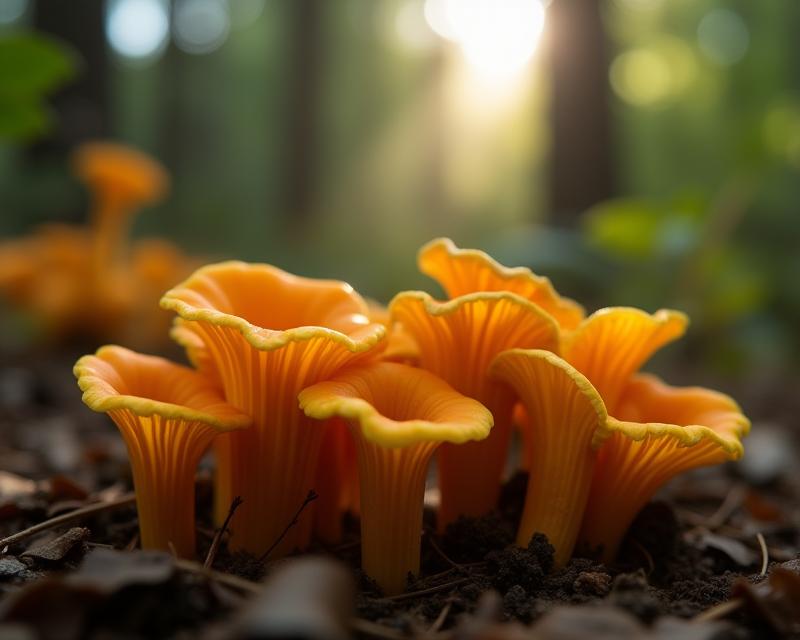Cordyceps: Ancient Energy, Modern Farm Benefits
Publish in Sustainable Farming el 05/07/2025 02:29
Cordyceps Sinensis: A Natural Powerhouse
Hey folks! Ever heard of Cordyceps? It's a fascinating fungus that’s been prized for centuries, especially in traditional Tibetan medicine. While it might sound a bit exotic, there's a growing interest in its potential benefits, and it could even have some interesting applications for those of us involved in farming and agriculture. Let's dive in and explore this incredible organism!

A History Rooted in the Himalayas
Cordyceps sinensis grows on the larvae of certain insects in the high-altitude regions of the Himalayas. For generations, people in Tibet and Nepal have used it for its purported energy-boosting and immune-supporting properties. It was considered a valuable medicinal herb, believed to increase stamina, reduce fatigue, and improve overall vitality. The harvesting process is quite unique – it involves finding the specific insect larvae, and then cultivating the Cordyceps fungus within them. This makes it a relatively rare and expensive natural product, historically.
Modern Applications & Potential for Farmers
Today, Cordyceps is widely available as a supplement – in capsules, powders, and extracts. It's popular among athletes and those looking for a natural energy boost. But what does this have to do with farming? Well, the potential benefits of Cordyceps extend beyond human consumption. Research suggests it may have beneficial effects on plant health too! Some studies indicate Cordyceps can enhance plant growth, improve stress resistance, and even boost yields. This is because Cordyceps contains compounds that can stimulate plant metabolism and nutrient uptake.
Could Cordyceps Be a Sustainable Farming Tool?
Imagine using Cordyceps as a natural bio-stimulant for your crops! It could potentially reduce the need for synthetic fertilizers and pesticides, contributing to more sustainable farming practices. While research is still ongoing, the early findings are promising. Farmers could explore incorporating Cordyceps extracts into soil amendments or foliar sprays to improve plant health and resilience. It’s a fascinating area of study, and one that could offer a natural and environmentally friendly way to enhance crop production. Keep an eye on developments in this field – it might just be the next big thing in sustainable agriculture!
Getting Started: Research & Exploration
If you're interested in learning more about using Cordyceps in your farming operation, start by researching reputable suppliers of Cordyceps extracts and bio-stimulants. Look for products specifically formulated for agricultural use. Consider conducting small-scale trials to assess the effects of Cordyceps on your specific crops and soil conditions. Remember, as with any new practice, careful observation and experimentation are key. It’s an exciting frontier in sustainable farming, and one worth exploring!





